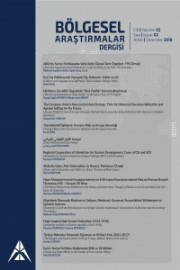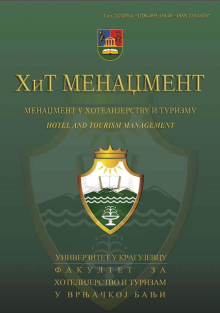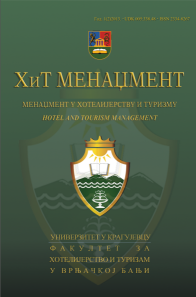Author(s): Jasmina Starc,Barbara Rodica,Iva Konda / Language(s): English
Issue: 2/2014
We are living in a time when organizations, much like the individual – manager, have to learn throughout their existence. The future of organizations depends primarily on the ability of all employees to learn and broaden their education, which applies above all to managers, who have to set an example for all of their co-workers. Active education and training of managers forms the basis for innovations, which enable organizations to gain or maintain a greater competitive advantage on the market. The main objectives because of which we must accelerate the development of managers are the development and progress of the work of the organization, developing the efficiency of management as a process of planning, directing, coordinating and supervising work within the organization, increasing the motivation of employees, and preventing the out datedness of managerial skills and knowledge. Managers who wish to perform their work successfully must constantly upgrade their knowledge. Due to the too frequent overload, the work volume and lack of time, managers must thoroughly think about whether to take part in the offered training and education programs. Each manager is influenced by various factors when opting for training and education: economic, technical and technological, social, humanistic, demographic and individual factors, which influence the planning of education and training of managers in a specific environment and in the branch, in which they are employed. The research study that was conducted among 120 middle- and top-level managers, employed in tourism, reports about the decisive factors that influence their participation in training and educational programs and about some of the important motivational factors that influence their participation in those programs. An analysis of their answers has shown that the prevailing factors of planning the training and education of managers, employed in tourism, are: ability to use the acquired knowledge in practice, relevance of the learning content, professional profile of the teachers, possibility of upgrading the knowledge, solving concrete problems in their work, how the training/education suits their objectives and strategy, motivation, and time available. The analysis has also shown that the prevailing motives for the training and education of managers are primarily internal or personal motives, such as greater knowledge, testing one's abilities and professional development. Two external motives are predominant: achieving work success and a higher reputation.
More...





